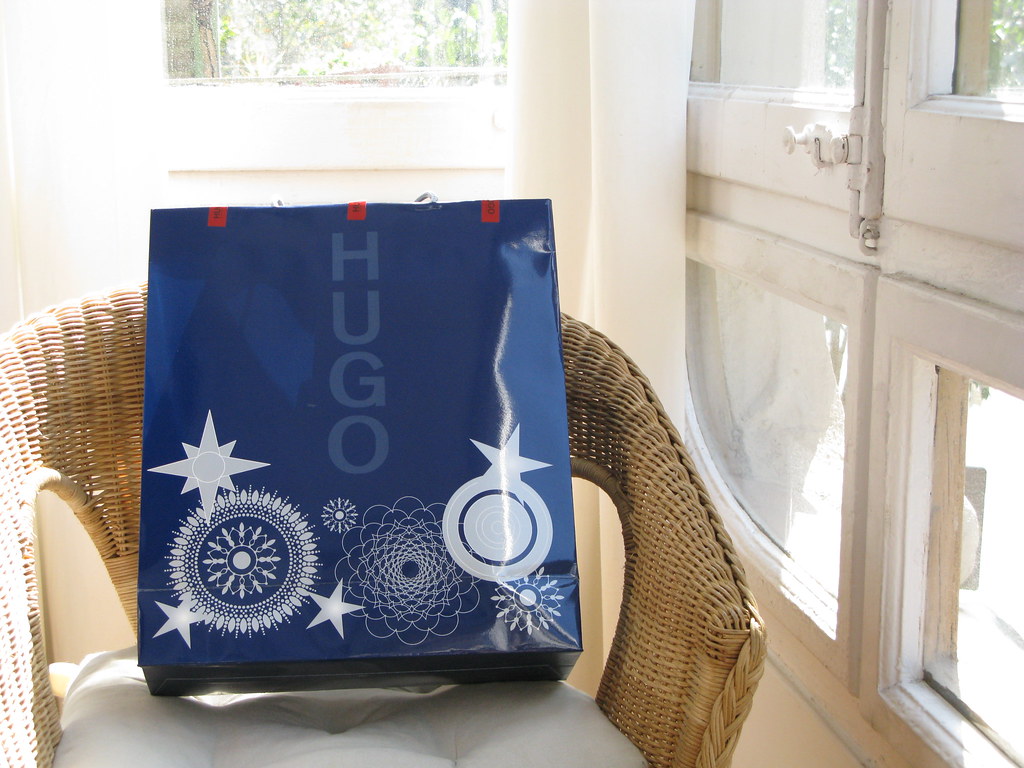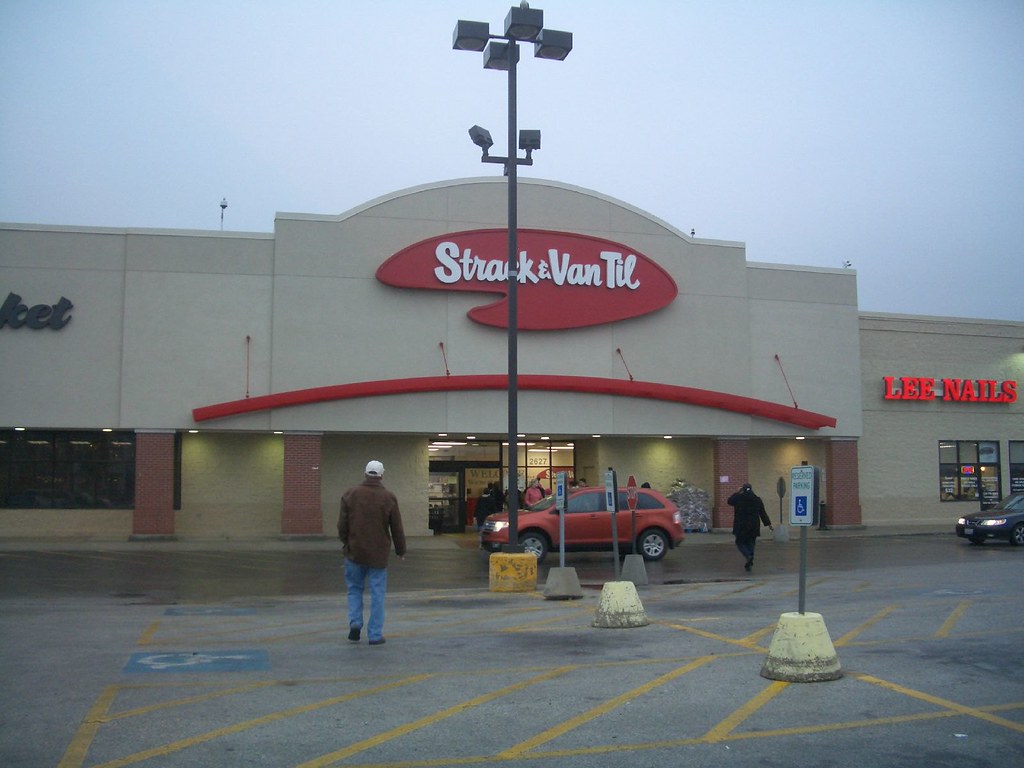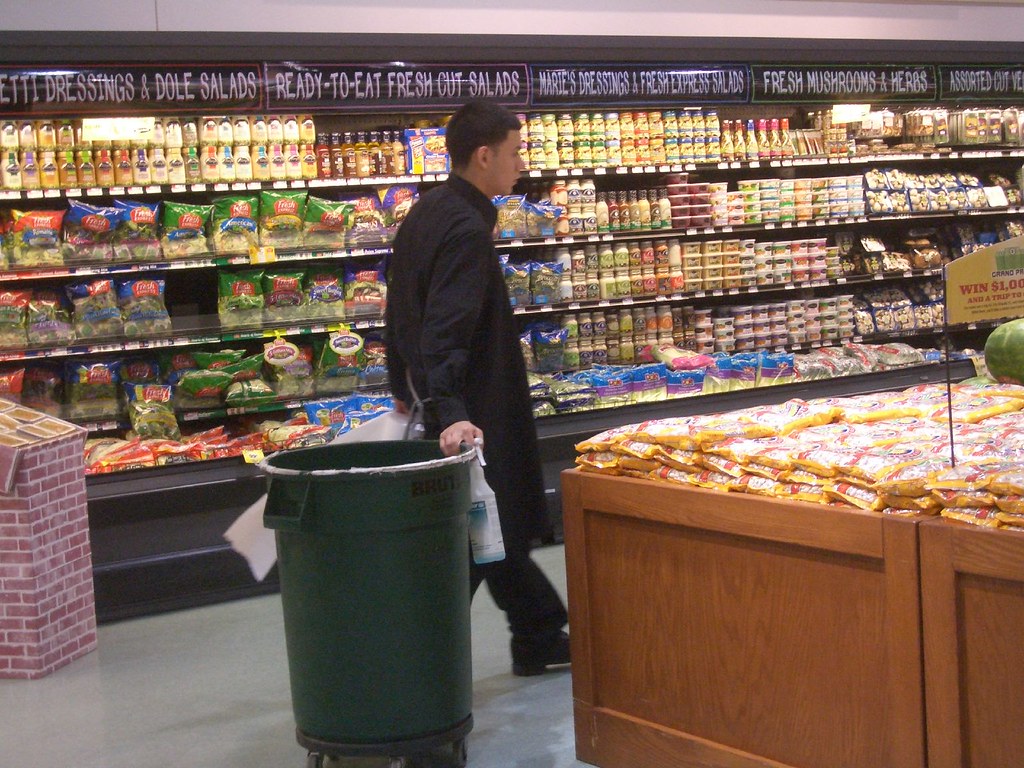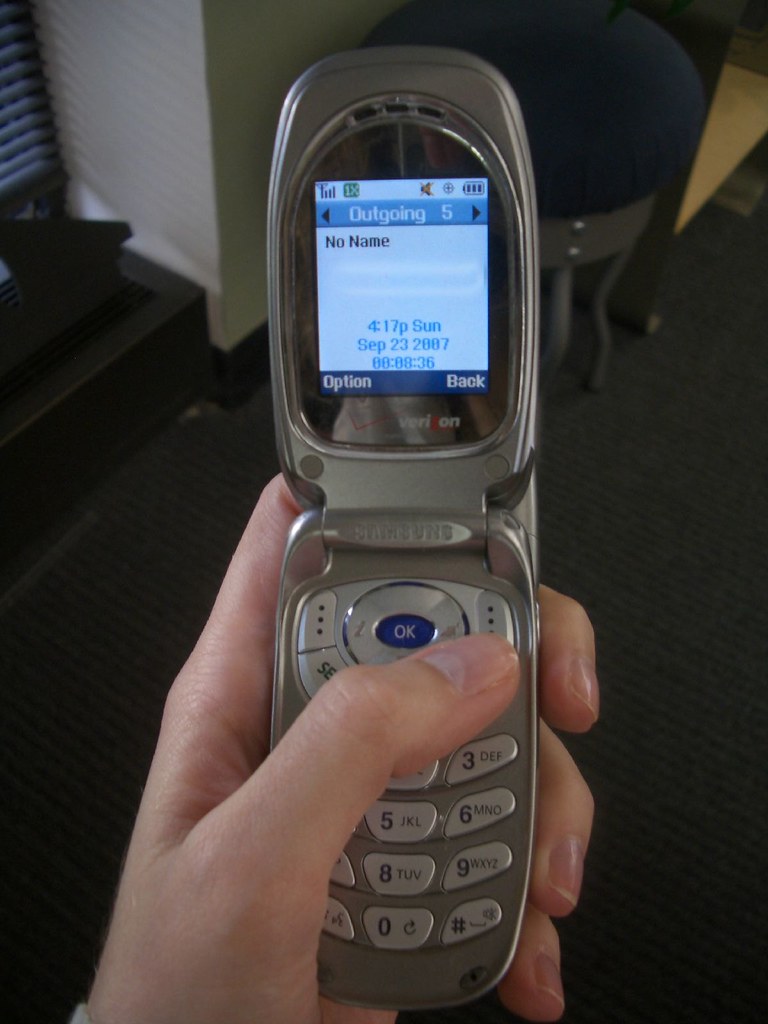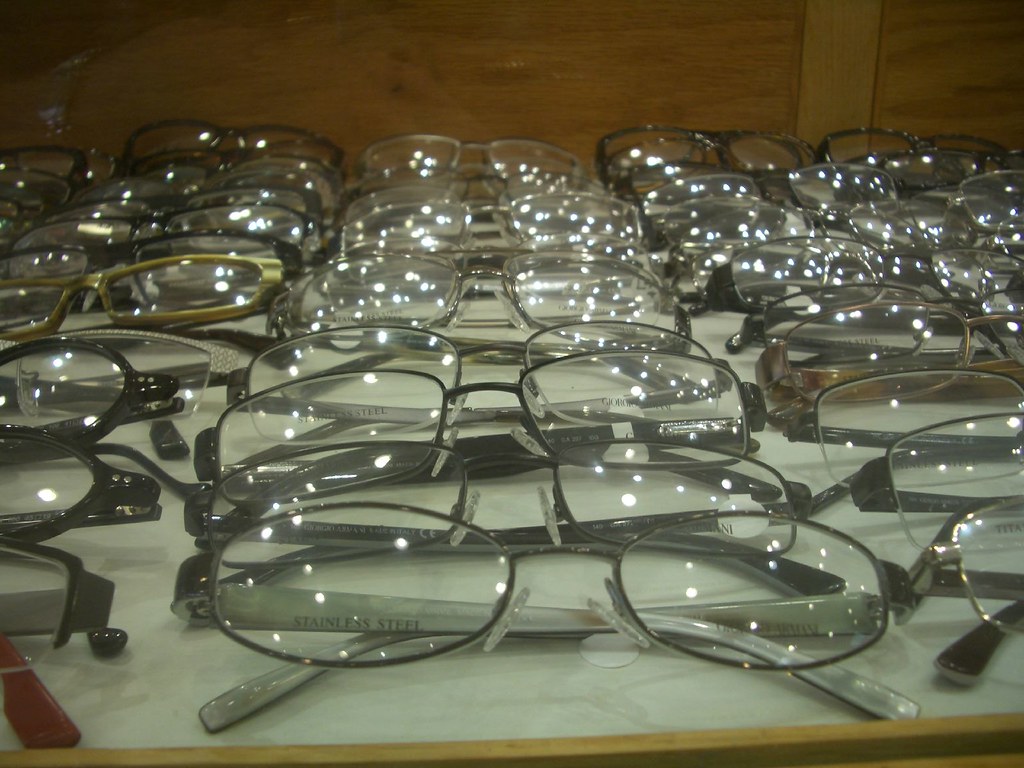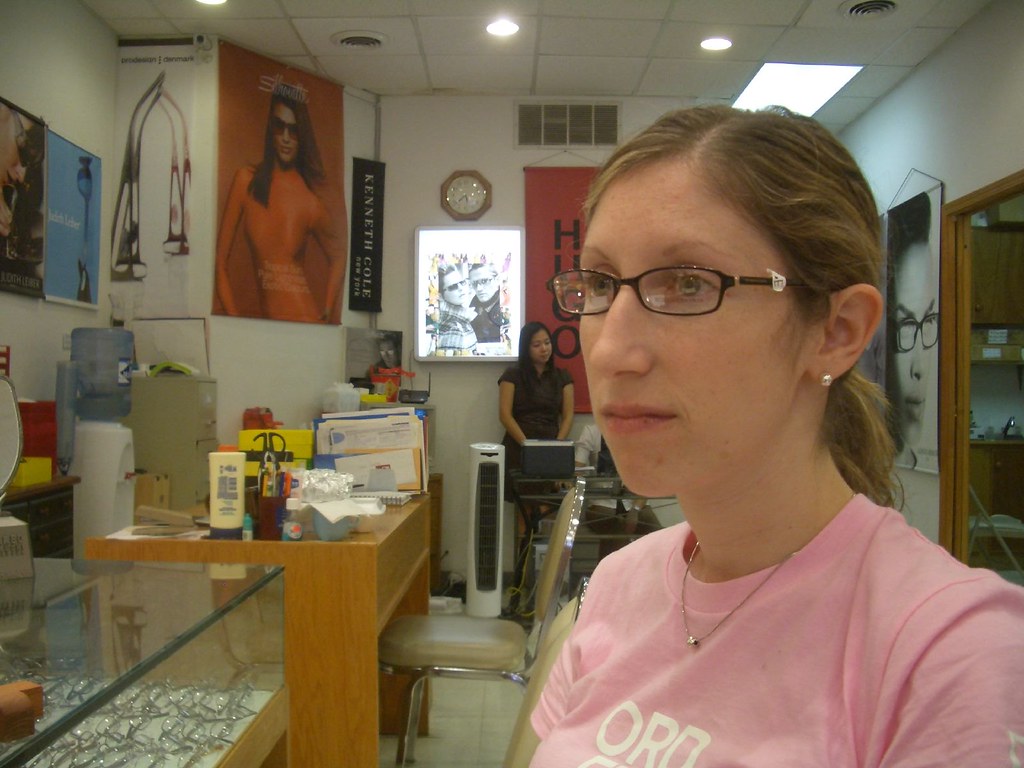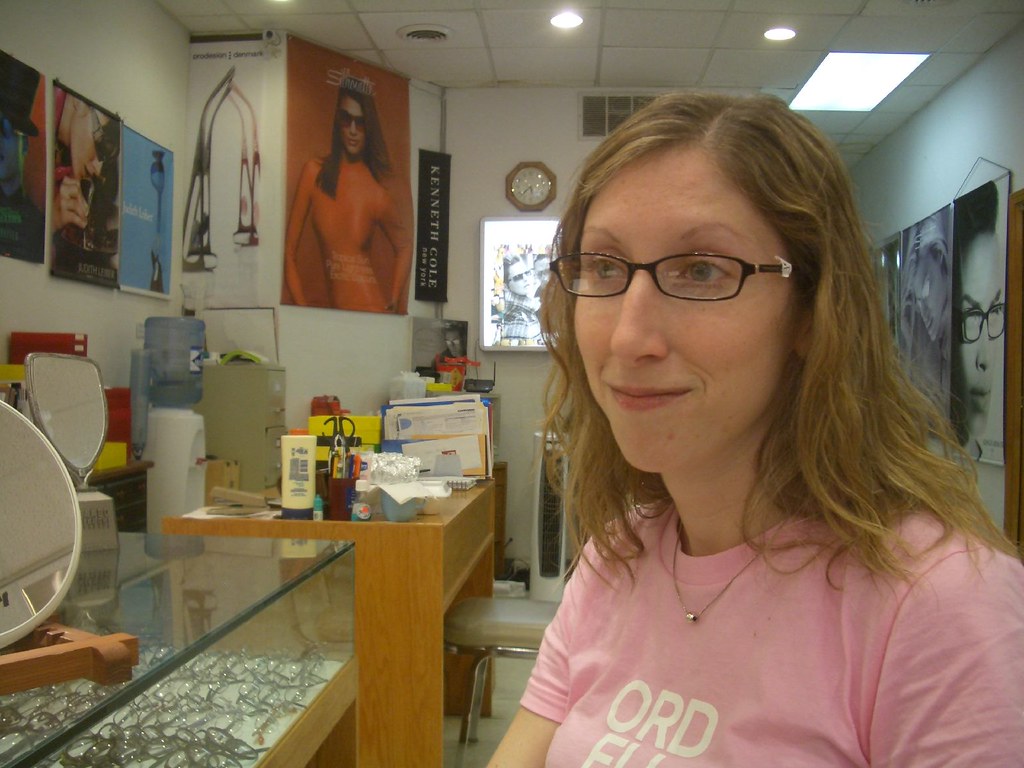 This year, one of my New Year's resolutions was "Suffer more for beauty." And I'm pretty pleased with this resolution. I mean, I'm not wearing mom jeans over here, but I'm definitely the kind of girl to choose comfort over style. Hence, my shoes are all flats, my makeup is minimal, and I never, ever blow dry my hair.
This year, one of my New Year's resolutions was "Suffer more for beauty." And I'm pretty pleased with this resolution. I mean, I'm not wearing mom jeans over here, but I'm definitely the kind of girl to choose comfort over style. Hence, my shoes are all flats, my makeup is minimal, and I never, ever blow dry my hair.But this year, I decided to take a stand against comfort. I'm 29, for god's sake, and if I don't look my best now, well, it just might be downhill from here. So I bought heels. They crunch my toes, but when I wear them at work, I get a little confidence kick. I bought makeup I've never had before - concealer, eyebrow pencil, a nice new blush. I even sprung for a curling iron. I'm spending more time in the mornings, but I'm feeling better when I walk out the door.
Encouraged by my resolution, my sister got me a Sephora gift card for my birthday. A lovely present. However, before hitting the store, I decided to peruse their website. You know, to prepare myself for the crushing tide of possibilities.
I find beauty stores extremely overwhelming. The issue is simple: how can you possibly know if this facewash or that lipstick is going to change your life? They all say they will, so which one can you trust? I usually end up going for a brand I know, or the nicest packaging, or something that smells good. But this time, I wanted to arm myself with a bit more information. A little pre-shop on the website would surely help with that.
 And it did. As I scanned the hair-care products, I noticed little tags that said "Best of Sephora." Now this, I like. This I can get behind. Because it's based on data. I clicked on a "Best of" styling product, Frederic Fekkai Glossing Cream. I assumed the tag meant that this product had more reviews, and more positive ones, than all others like it. So I started reading.
And it did. As I scanned the hair-care products, I noticed little tags that said "Best of Sephora." Now this, I like. This I can get behind. Because it's based on data. I clicked on a "Best of" styling product, Frederic Fekkai Glossing Cream. I assumed the tag meant that this product had more reviews, and more positive ones, than all others like it. So I started reading."This stuff is so addicting it is my personal hair crack."
"Works wonders on my hair."
"Boy! This stuff works so well."
"This glossing cream will make your hair shine! I always get compliments when I use it."
"Up until I discovered FF, I sort of begrudgingly bought hair products, because I never saw the results I wanted and felt like I was throwing money down the drain. However, this line has totally changed all of that. I like this product because it doesn't contain any alcohol, and really moisturizes your hair. I've colored my hair this past year and this has saved my hair and really reversed much of the dryness that was making my hair unmanageable."
That last one really stood out, because I can relate. I too have bought hair products begrudgingly. I too have seen a lack of results. I too have dry, colored hair.
Plus, many of the negative reviewers said things like, "I used too much and it didn't work." Idiots, I thought. I noticed myself selectively filtering out the negative reviews, and becoming more and more excited with each positive one.
Now of course, I don't know any of these women. But in my head, the 5-star reviewers were all hip young account executives living in Manhattan. They were all stylish and gorgeous and the only thing missing from their routines, until now, had been Frederic Fekkai Glossing Cream. This product had to be mine.
---
So, I arrive in Sephora and manage to find the product before a single salesperson interrupts. I look at the label, I smell it, and I'm set. Now I'm standing there, looking for something else to buy with the rest of my gift card, when a saleswoman seizes the opportunity. "Can I help you find anything?" "Oh, um, I'm all right." "I see you've got the Glossing Cream! Can I show you something else?" She starts taking me to another wall of the store. "But everybody said...," I trail off, realizing I'm talking about people I don't actually know.
 She holds up another product, similar in size, called Oscar Blandi Silk Polishing Cream. She starts telling me how she likes this one better, because unlike Fekkai, it doesn't have any alcohol in it. Hang on. I remember one of the reviewers saying that Fekkai had no alcohol. Now I'm really confused. Who is right?
She holds up another product, similar in size, called Oscar Blandi Silk Polishing Cream. She starts telling me how she likes this one better, because unlike Fekkai, it doesn't have any alcohol in it. Hang on. I remember one of the reviewers saying that Fekkai had no alcohol. Now I'm really confused. Who is right?The woman reads the Fekkai label and pronounces one of the ingredients. "See, this has pro-py-lene gly-col." Admittedly, that sounds like alcohol to me, and the last time I read a beauty magazine, it said to steer clear. Okay, I say, and I take the Oscar Blandi product. This is when the decision becomes a bit like a battle of lightsabers.
Blandi has a cooler bottle, but Fekkai has cooler graphics. The saleswoman said Fekkai has alcohol, but some reviewer said it didn't. I flip both products over to compare ingredients. The first five are exactly the same. No help. The saleswoman said she liked Blandi better, but couldn't give me a real reason why. Fekkai is one dollar cheaper. A million voices say Fekkai. One saleswoman says Blandi. Perhaps she was on commission from Blandi. Perhaps her quota this week said "Push Blandi."
I start to put Blandi back on the shelf. But then I pause. The saleswoman is pretty, and she has nice hair. Suddenly I think back to all those reviewers. Who are they, anyway? I don't see a million women on the street with gorgeous hair! Maybe they just like Fekkai because it brings their hair from nasty to acceptable! Or maybe they're all pimply 13-year-olds! It's crazy how quickly I turn on this crowd. I don't know them, they are essentially fictitious, and suddenly, I can change their features to fit my case. But I can't dispute the fidelity of a salesperson, standing right there in front of me. I put Fekkai back, and walk to the register with Blandi.
---
There are two very human instincts at play in this story, and they just so happen to be diametrically opposed. On the one hand, our rational mind says "More people = more credible." It's like "Ask the audience" on Millionaire. With that many folks in the crowd, we trust them to reach sound consensus.
On the other hand, our emotional mind says "Real person = more credible." A connection to another human - even something as tiny as eye contact - is massively influential. Seeing is believing, and it's hard to trust someone who is really just words on a page.
In this sense, shopping is actually made more difficult by the internet. Real people do battle with virtual people all day long in our heads. And with so much conflicting information, we are encouraged to maximize. We are led to believe that there is one right choice, and a thousand wrong ones, and that if we can only find the right one, we will have won. In turn, we become so scared to make the wrong decision, that we search and search and search for objective advice. Fact. Truth. 9 out of 10 doctors. Something to let us purchase without regret.
In that moment in the store, I wished I could go back to the website and read comparable reviews on Blandi. I wished I could personally meet and shake hands with all 500+ Fekkai reviewers, see what they looked like and how similar they were to me. I wished for apples-to-apples. But in the absence of that ability, I had to make the decision on my own. What if I chose wrong? It was paralyzing.
Well, I now firmly believe that the biggest difference between these two products is brand. I truly expect that if I had purchased the Fekkai product, it would work in quite the same way. So the lesson here is, there is no right answer. Maybe on Millionaire, but not in the real world. Two things can simultaneously be good. And I can't trust salespeople any more than I can trust anonymous Sephora website reviewers. The only person I can trust, is myself.
---
In all my life, this was possibly the most anxiety-ridden purchase I've made. I felt confused and annoyed for the rest of the day. I went home and checked the reviews on Blandi, seeking validation that I didn't screw up. Only 21 reviews, but all were positive. In fact, many said very similar things to the Fekkai reviews. Smoothes your hair, makes it glossy, yada yada. I suddenly realized that nobody's opinion mattered now except mine. So I tried the product. And you know what - it was great. Thank god.
